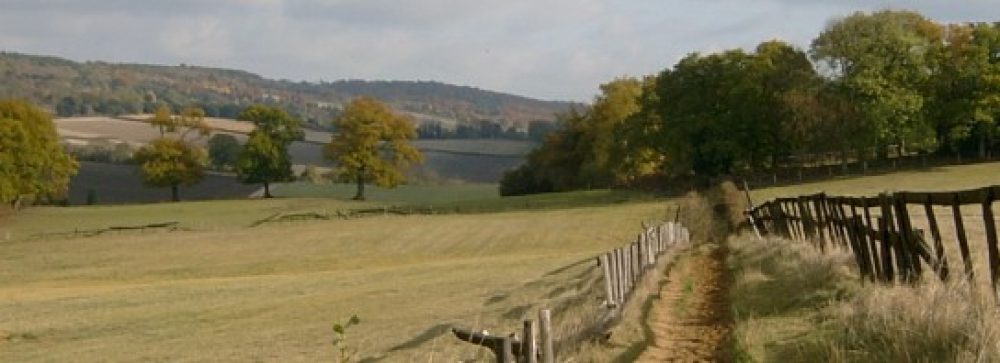This week’s phrase is from Genesis 45:18:
And take your father and your households, and come unto me: and I will give you the good of the land of Egypt, and ye shall eat the fat of the land.
Back in the days before dieting and obesity were problems, fat was a good thing. Fat was a sign of prosperity, and so to live off the fat of the land meant to live off the prosperity, the riches, the wealth, of the land.



